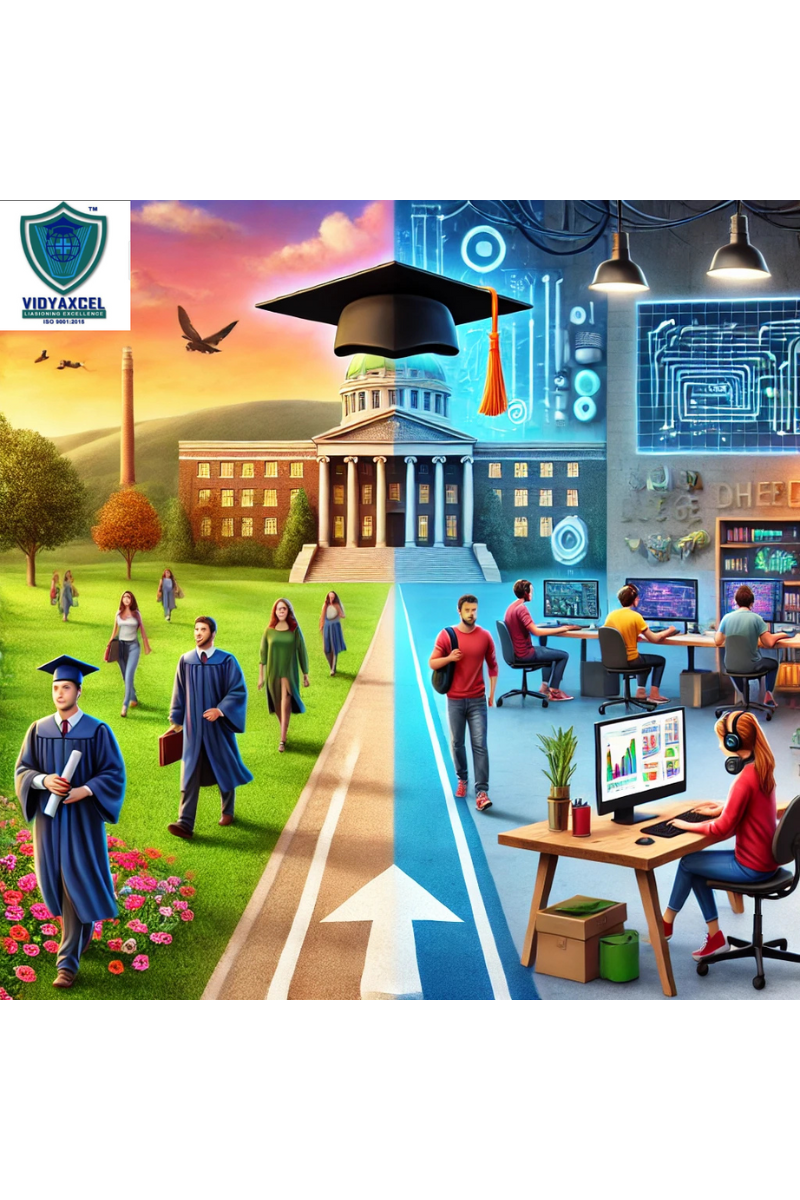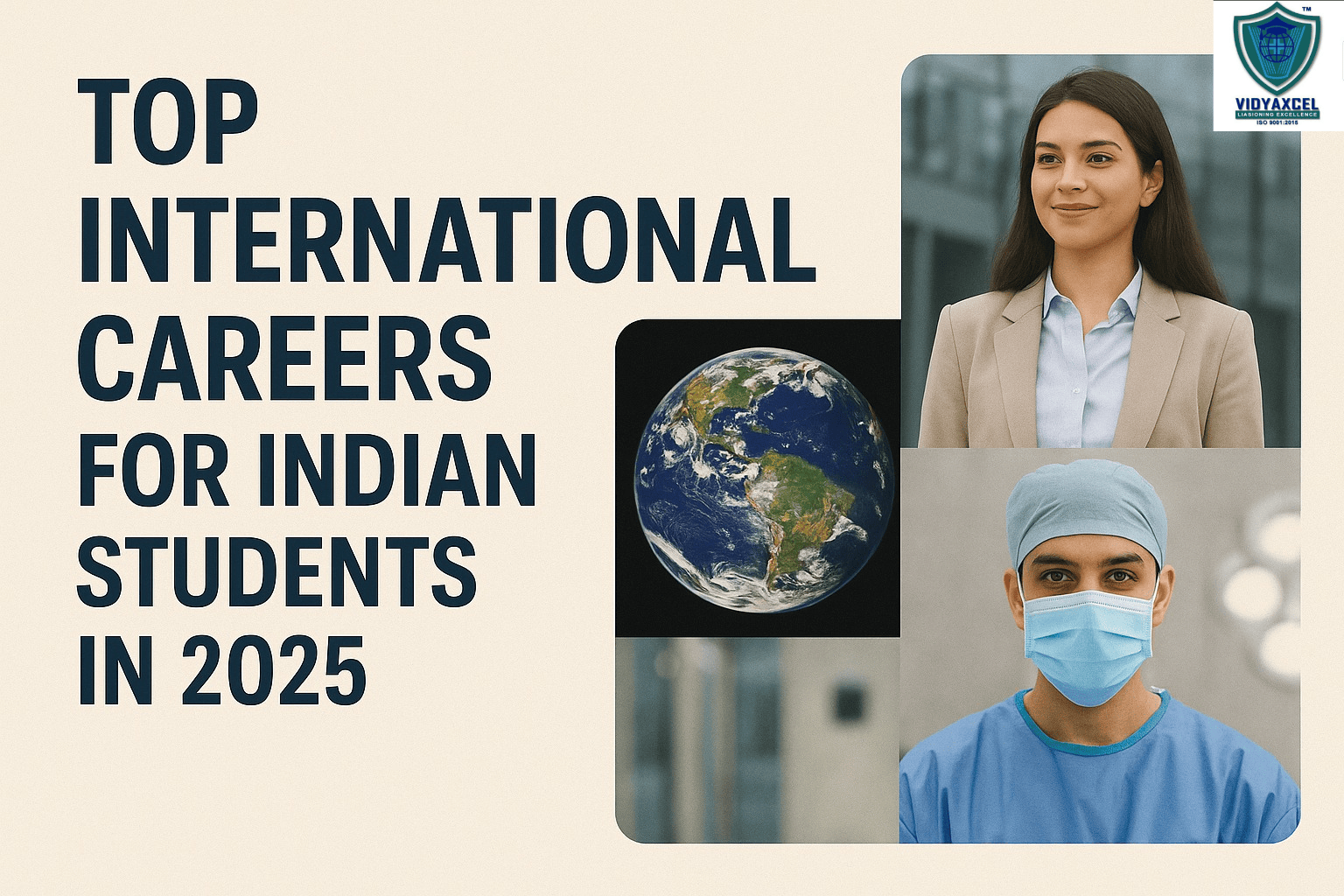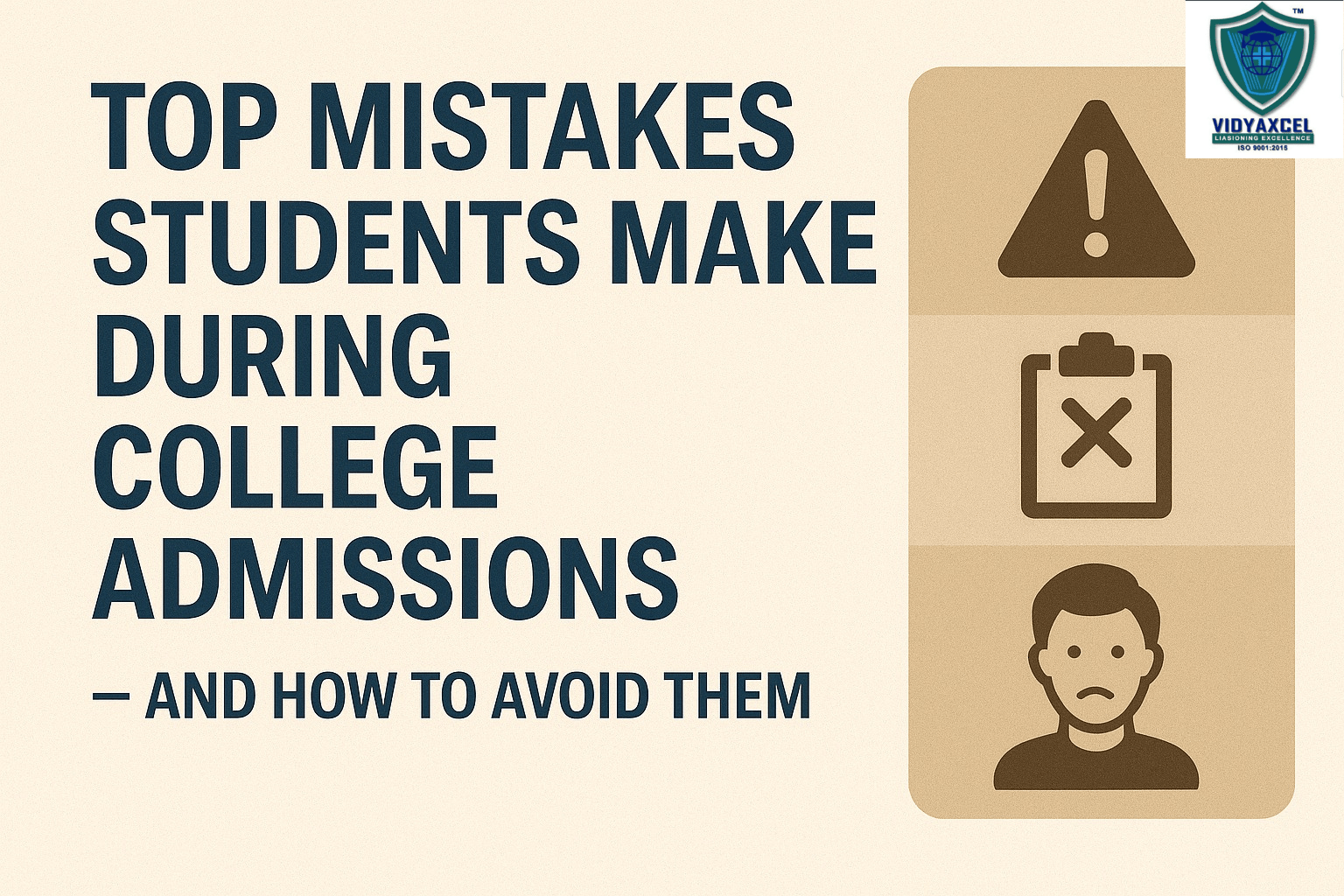Blog Details

09Dec
College or alternative pathways what should parents know
As parents, guiding your child toward their future career is one of the most important responsibilities you'll undertake. The traditional college pathway has long been seen as the gold standard, but with the rising cost of education, evolving job markets, and the growing acceptance of alternative career paths, the decision isn't as straightforward as it once was. Whether it’s pursuing a college degree or exploring options like vocational training, apprenticeships, or entrepreneurship, parents must weigh the pros and cons of each route while considering their child's strengths, interests, and aspirations. This guide provides insights to help parents navigate this critical decision.
1. Understanding the Options
College Pathway:
- Pros:
- Offers structured academic learning and access to professional networks.
- Provides degrees required for specialized fields like medicine, law, or engineering.
- Enhances critical thinking and interpersonal skills through diverse environments.
- Cons:
- Often expensive, with rising tuition fees.
- Risk of graduates facing underemployment or a mismatch between their degree and job market demands.
Alternative Pathways:
- Options include:
- Vocational training or technical schools.
- Apprenticeships and on-the-job training.
- Certification programs (e.g., coding bootcamps, digital marketing courses).
- Starting a business or freelancing.
- Military service.
- Pros:
- Cost-effective and quicker entry into the workforce.
- Highly focused on specific skills needed for jobs.
- Real-world experience and earning potential start earlier.
- Cons:
- May have limited career advancement without formal education.
- Lack of exposure to diverse fields for those still exploring their interests.
2. Consider Career Goals and Market Trends
- Job Market Alignment: Certain industries prioritize degrees (e.g., healthcare, academia), while others value skills and experience (e.g., tech, trades).
- Emerging Careers: Fields like AI, renewable energy, and creative digital roles often embrace alternative certifications over formal degrees.
3. Financial Implications
- College can lead to significant debt, while alternatives typically cost less upfront.
- Parents should assess the potential return on investment (ROI) for college education versus the earnings potential of skill-based pathways.
4. Personality and Learning Style
- For College: Best for students who thrive in academic environments and benefit from structure and guidance.
- For Alternatives: Ideal for hands-on learners, self-starters, or those with clear vocational goals.
5. Hybrid Approach is Possible
- Many students combine paths, such as pursuing online degrees part-time while working or supplementing college with certifications in specialized skills.
6. Encouraging Open-Mindedness
Parents should discuss with their children:
- Their passions, strengths, and preferred learning styles.
- The value of both traditional and non-traditional routes to success.
Conclusion
Choosing between college and alternative pathways is a deeply personal decision that depends on your child's goals, learning style, and the career opportunities they wish to pursue. Both routes offer unique advantages and challenges, and neither guarantees success or failure. The key is to foster open communication with your child, explore their interests, and support them in making an informed choice. By doing so, you empower them to build a fulfilling future, regardless of the path they take.
FAQ
Are alternative pathways as valuable as a college education?
Yes, alternative pathways can be equally valuable, especially in industries that prioritize skills and experience over formal degrees. Fields like technology, trades, and creative arts often welcome non-traditional credentials.
Is college necessary for success?
Not always. While college is essential for certain professions, many people achieve success through alternative routes like certifications, skill-building, or entrepreneurial ventures.
How can parents identify their child’s strengths and interests?
Observe their hobbies, school performance, and natural inclinations. Encourage open discussions about their goals and allow them to explore different activities and internships.
Can a child switch paths later?
Yes. Many people start in one pathway and later pursue another. For instance, someone might begin with a trade apprenticeship and later earn a college degree or vice versa.
Are there risks with alternative pathways?
Potential risks include limited career advancement in some fields without formal education and less exposure to diverse opportunities compared to a traditional college experience.
Our Office: West Bengal, Maharashtra & Delhi.
For More Infomation about admission in Medical, Engineering, Management & Study in Overseas Details.
View Current Study Overseas, Medical, Engineering & Management Admission Details Video.





